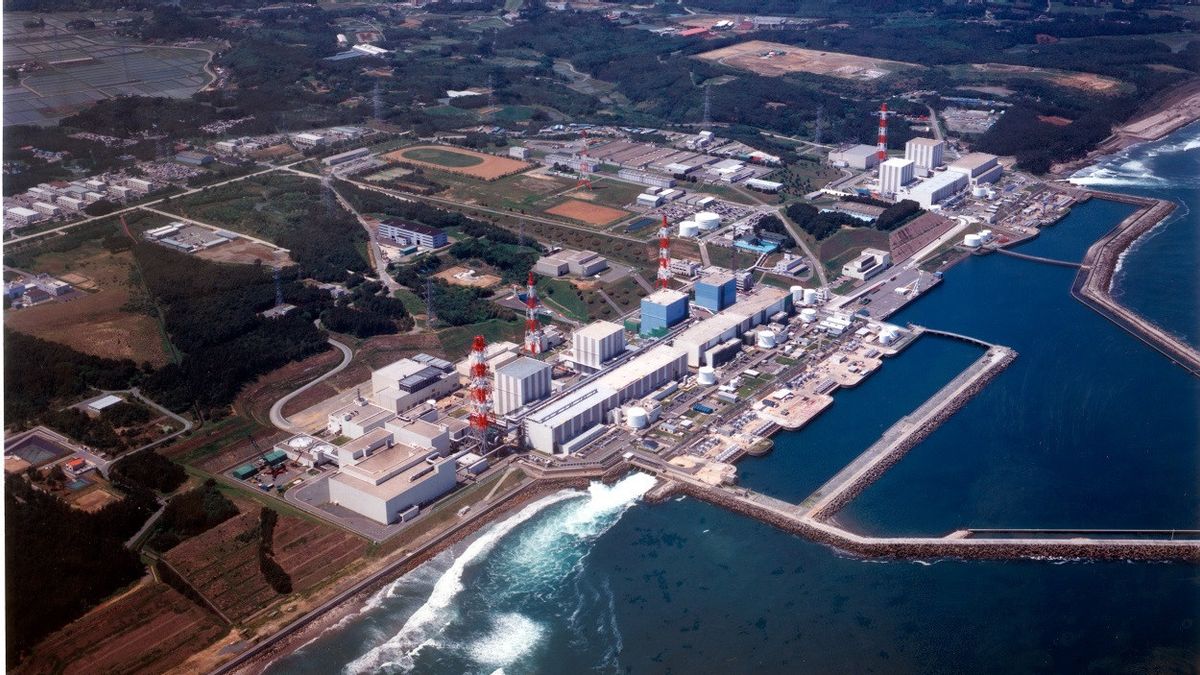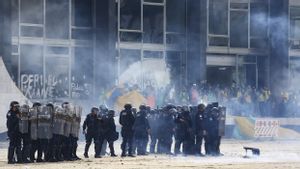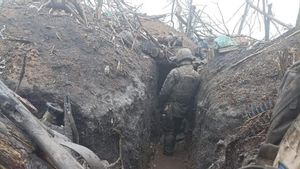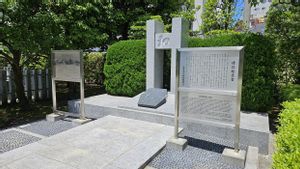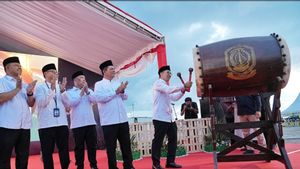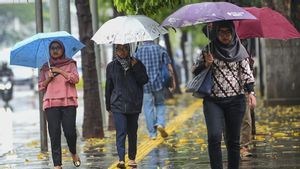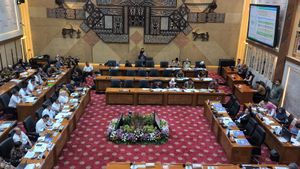JAKARTA - The planned discharge of treated water from the crippled Nuclear Power Plant (NPP) in Fukushima Prefecture into the sea will begin sometime this spring or summer, some two years after the decision to release it was made, the Japanese government said Friday.
Revised policies on the disposal of treated water containing low levels of tritium concentrations, as well as financial support for affected fishing communities were passed during the relevant Cabinet ministerial meeting on Friday.
The International Atomic Energy Agency (IAEA) has conducted several safety reviews of the plan, to ensure the release complies with international safety standards and does not pose a risk to public health and the environment.
The agency will issue a comprehensive report based on their findings and provide support before, during, and after disposal.
"We want to thoroughly explain these measures to the fishing community and other relevant parties while listening to their concerns", Chief Cabinet Secretary Hirokazu Matsuno said at the meeting, launching Kyodo News on January 13.
Under the revised policy, the government will help fishermen concerned about reputation damage affecting the sale of their catch through a new fund worth 50 billion Japanese yen (385 million US dollars).
It is understood that radioactive water pumped to cool melted fuel at the Fukushima Daiichi nuclear power plant, which was crippled by the massive 2011 earthquake and tsunami in northeastern Japan, has accumulated in the complex. It had mixed with rain and groundwater at the site, becoming contaminated.
It was accumulated in a storage tank at the Tokyo Electric Power Company Holdings Inc. complex, after being treated with an advanced liquid processing system that removes most of the radionuclides.
SEE ALSO:
In April 2021, the Government of Japan decided on a policy to start releasing treated water about two years later.
Factory operator TEPCO started construction of the disposal facility in August last year, but it said completion of the facility could be delayed depending on sea and weather conditions.
Most nuclear power plants worldwide routinely and safely release treated water, which contains low concentrations of tritium and other radionuclides, into the environment as part of normal operations, according to the IAEA.
The English, Chinese, Japanese, Arabic, and French versions are automatically generated by the AI. So there may still be inaccuracies in translating, please always see Indonesian as our main language. (system supported by DigitalSiber.id)
